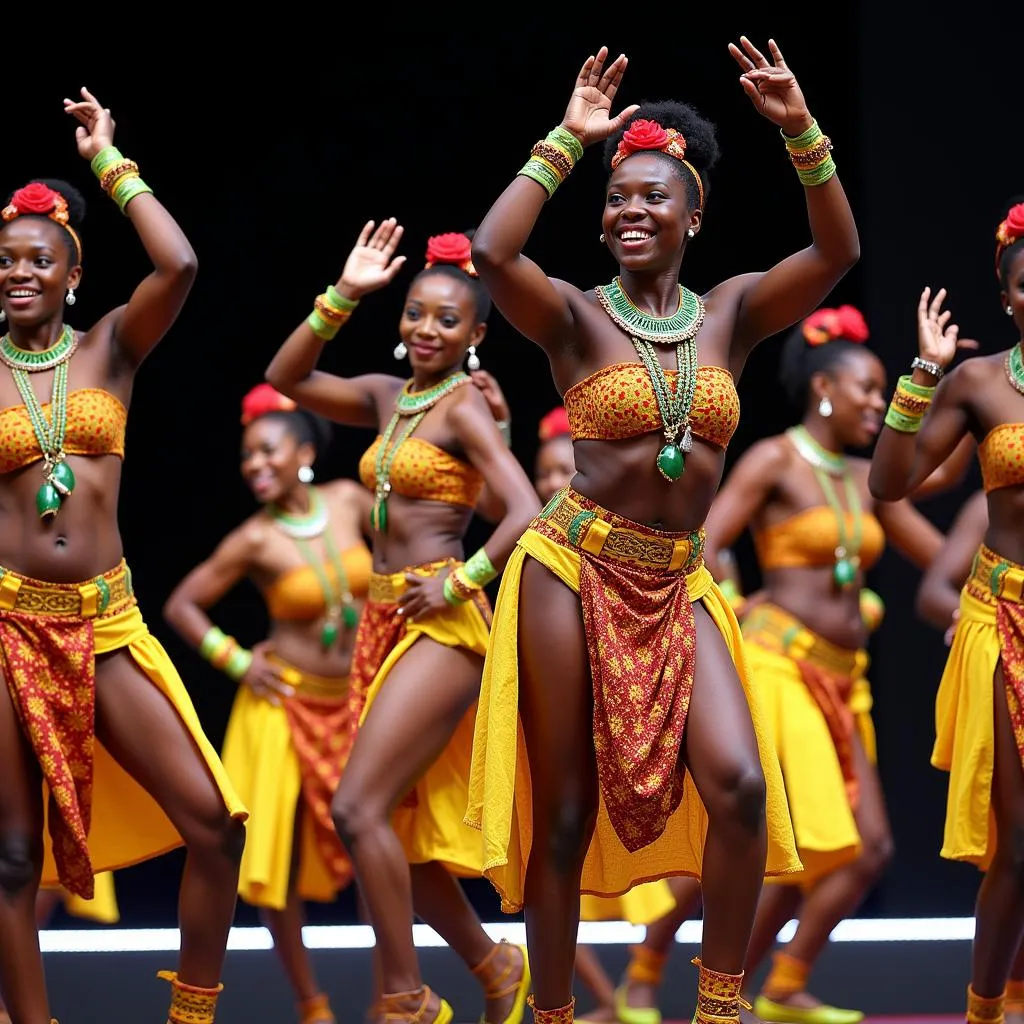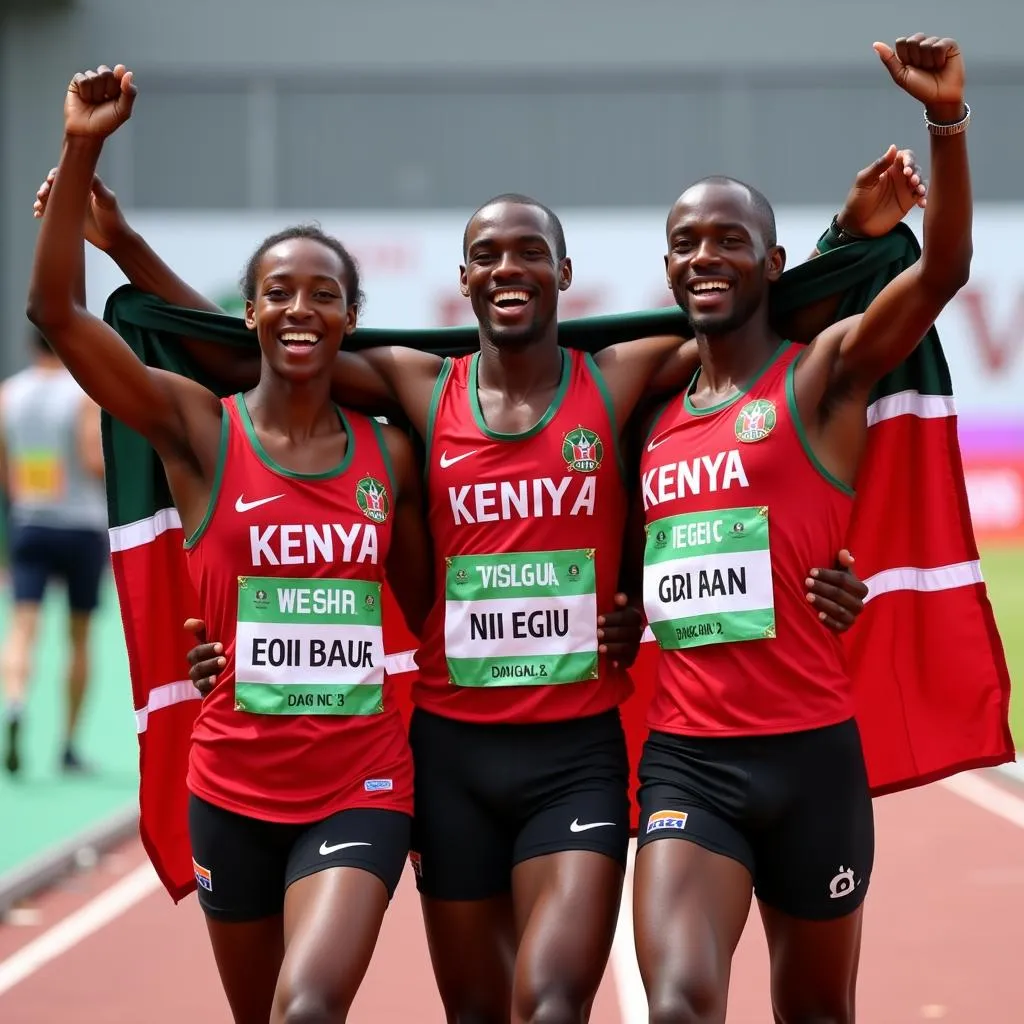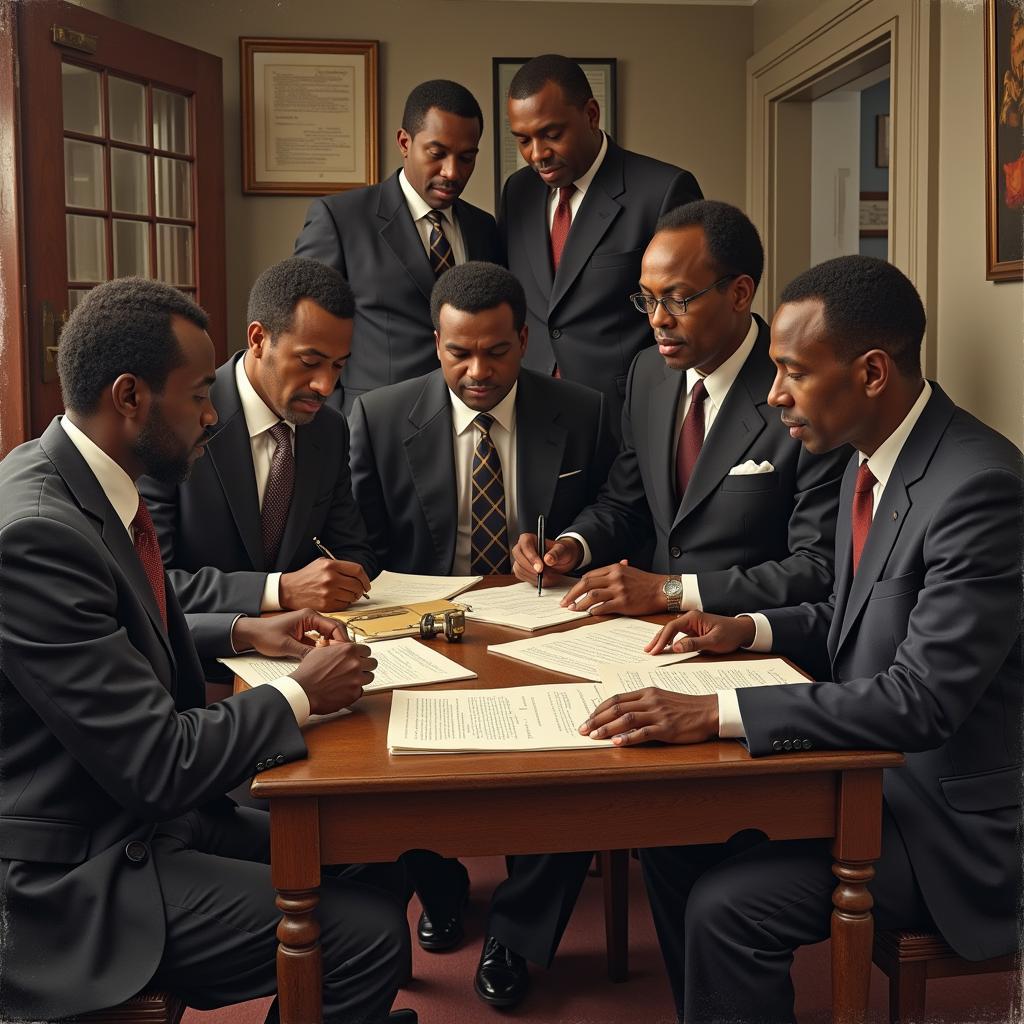African Games Medal Tally: A Celebration of Sporting Excellence
The African Games, a testament to the continent’s burgeoning athletic prowess, consistently captivates the world with displays of strength, speed, and sportsmanship. The African Games Medal Tally, meticulously recording each nation’s triumphs, reflects not just victories in the arena but also the inspiring journeys of dedication, resilience, and national pride.
Unveiling Africa’s Athletic Prowess on the Global Stage
Since its inception in 1965, the African Games, held every four years, has served as a crucible for forging continental champions. The Games have witnessed the meteoric rise of athletes who went on to achieve global recognition, solidifying Africa’s place as a force in international sports. This quadrennial event, often a steppingstone to the Olympics and other global competitions, showcases the continent’s diverse talents across a multitude of disciplines.
 African Games Opening Ceremony
African Games Opening Ceremony
Delving into the Numbers: A Historical Perspective
Examining the African Games medal tally over the years reveals compelling insights into the evolving landscape of African sports. Egypt, with a legacy of sporting achievement, consistently ranks among the top contenders, often vying for the leading position with countries like South Africa and Nigeria. These powerhouses have historically dominated sports like athletics, swimming, and football, consistently adding to their impressive medal hauls.
However, the African Games medal table tells more than just a story of dominance. It also reflects the rise of sporting programs in nations like Kenya and Ethiopia, whose prowess in long-distance running has earned them global acclaim. Their consistent presence on the podium, challenging established hierarchies, is a testament to the evolving dynamics of the Games.
 Kenyan Runners Celebrating Victory
Kenyan Runners Celebrating Victory
Beyond the Podium: The Impact of the African Games
The significance of the African Games medal tally extends far beyond national pride and bragging rights. These Games play a crucial role in:
- Nurturing Young Talent: Providing a platform for aspiring athletes to gain invaluable experience and exposure on a continental stage, fostering their development and setting the stage for future successes.
- Boosting National Morale: Victories at the African Games often translate into a surge of national pride and unity, showcasing the power of sports to transcend social and political barriers.
- Developing Sports Infrastructure: Hosting the Games often incentivizes investment in sports facilities and infrastructure, leaving a lasting legacy for future generations of athletes.
 Young African Athlete Training
Young African Athlete Training
Looking Ahead: The Future of the African Games
The African Games continue to evolve, embracing new sports and adapting to the changing landscape of international athletics. The rise of women in sports is particularly noteworthy, with more female athletes participating and excelling across disciplines. This trend signifies a positive shift towards greater gender equality and inclusivity in African sports. As the continent’s passion for sports continues to grow, so too will the significance of the African Games medal tally, reflecting not just athletic achievements but also the continent’s inspiring journey of growth, resilience, and unity through sports.




